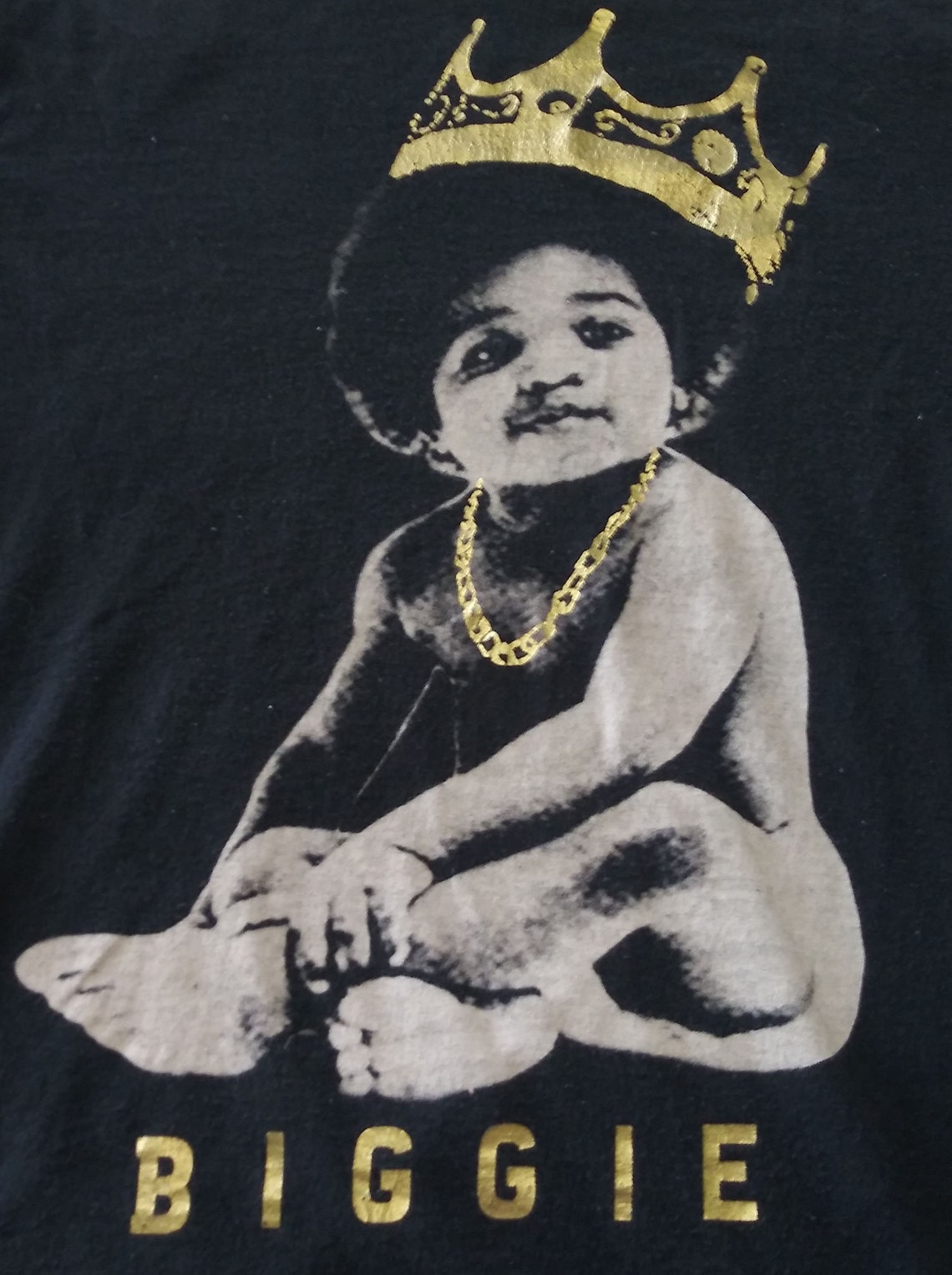

When Notorious BIG closed his second album, 1997's Life After Death, with the track You're Nobody (Til Somebody Kills You), and was promptly murdered just weeks before its release, hip-hop's characteristic blurring of life and art reached its grisly apotheosis. He sounds imperious, the Herb Alpert-sampling production is starkly funky, while the chorus nods to Slick Rick and Doug E Fresh’s old-school classic La-Di-Da-Di.T he only thing more powerful than a premature death is a death foretold. The track Biggie was in LA to record a video for when he was murdered and a posthumous US No 1, Hypnotize is a fabulous single. There’s shock value, but its real power comes from detail: the regret over stealing from his mother’s purse, the bleak image of “people frontin’ at my funeral like they miss me”.


Ready to Die ended with the negative image of its swaggering big hits: one verse, no hook, self-loathing poured out over an austere beat. Life After Death’s big hit found Biggie’s lyrical skills and Combs’s pop smarts in perfect harmony: the latter’s use of Diana Ross’s I’m Coming Out is inspired the former’s verse shifts from celebrating his own success to suggesting, with a certain grim irony, that he’s interested only in music, not internecine hip-hop wars: “Bruise too much, I lose too much”. Photograph: Everett Collection Inc/Alamy Stock Photo 4. Later transformed into the musical Hamilton’s Ten Duel Commandments, Biggie’s witty, acerbic advice to potential dealers – “That goddam credit? Dead it! You think a crackhead paying you back? Shit, forget it!” – rides a superb, minimal DJ Premier beat, where scattered electronic beeps meet a fierce sample of Public Enemy’s Chuck D.īiggie in 1997. But it’s a fantastic track, menacing, darkly funny – “I feel for you, like Chaka Khan” – with an oddly hallucinatory sound, a bad dream captured on tape. You can view Who Shot Ya? as a fatal mistake: whether it was about Tupac or not, it acted as the spark in the beef that may have claimed Biggie’s life. Things Done Changed (1994)Ī lyric that ended up being included in a 2004 anthology of African American literature, Ready to Die’s opening track offered an unsparing depiction of the havoc wrought on poor black neighbourhoods by the influx of crack: “Our parents used to take care of us / Look at them now, they’re even fuckin’ scared of us”. Performing at the International Amphitheatre in Chicago in April 1995. Notorious BIG at his most chilling, delivering a litany of horror – his threats cover everything from raping and murdering children to arson and castration – in a disturbingly blase tone, the mood heightened by the track’s eerie strings, excerpted from, of all things, a luxuriant 70s cover of Bacharach and David’s Close to You. If you believe the rumours, they sound evenly matched because Biggie had a hand in writing her rhymes. Take your pick from the Sylvia Striplin-sampling original, or the remix based on Dennis Edwards’ Don’t Look Any Further, it’s all about the sparring between Biggie and Lil’ Kim, who trade different verses on each version. Junior Mafia – Get Money (feat the Notorious BIG) (1996) Note the original lyrical twists – no how’s-your-father until Biggie has had his dinner! – and period detail: a pre-Auto-Tune, wildly off-key vocal on the hook. Craig Mack’s debut album was duly eclipsed by the release of Ready to Die a week beforehand.īy most accounts, the making of Biggie’s debut album was a struggle between the rapper’s street instincts and Sean “Puffy” Combs’s commerciality. Craig Mack – Flava in Ya Ear (remix feat Notorious BIG, LL Cool J, Rampage & Busta Rhymes) (1994)īoth an incredible single and an object lesson in the perils of getting Biggie Smalls to guest on your track despite the stellar company, his verse turns the song into his show. Posthumously, it sounded like a self-penned eulogy, complete with epitaph: “Live the phrase ‘Sky’s the limit’”. One of several tracks that took on a different hue after Biggie’s death in 1997, aged 24, Sky’s the Limit was initially Life After Death’s equivalent of his breakthrough hit Juicy, an alternately wistful and dark account of his rise. The rapper elects to lie in wait: needless to say, it doesn’t end well for his would-be assailants. A beautifully concise bit of storytelling, complete with an impressively naturalistic conversational interlude during which Biggie, in character as a friend, informs himself that someone has taken a hit out on him.


 0 kommentar(er)
0 kommentar(er)
